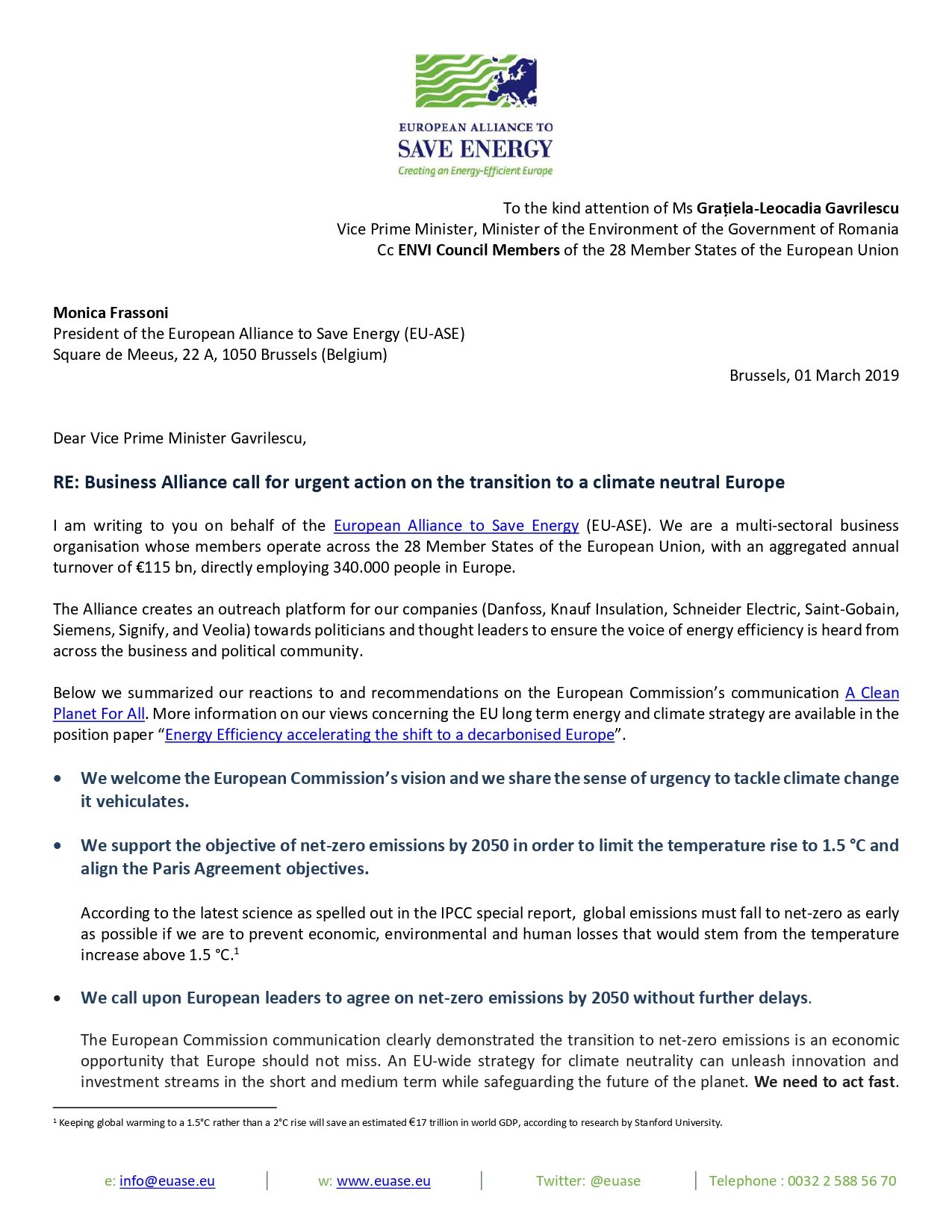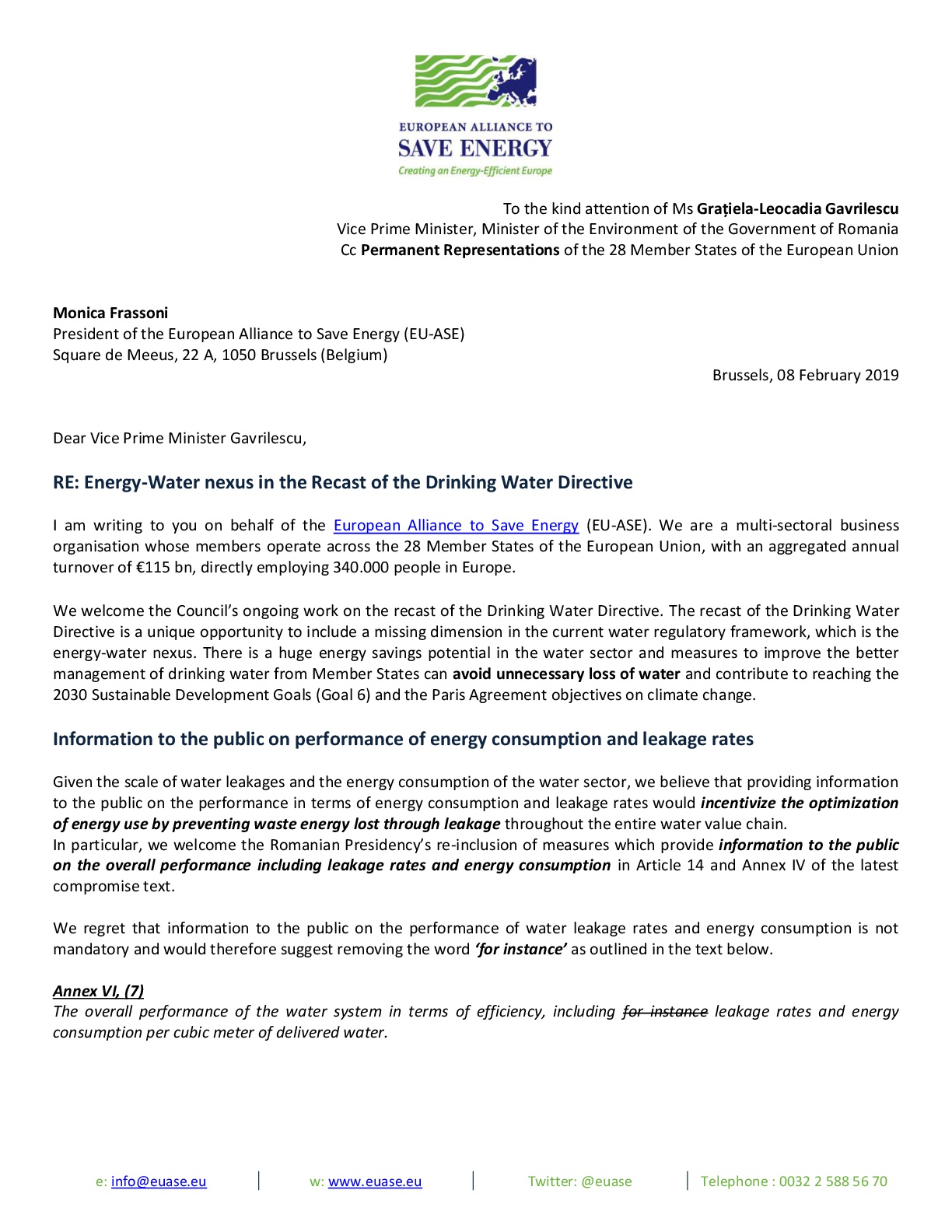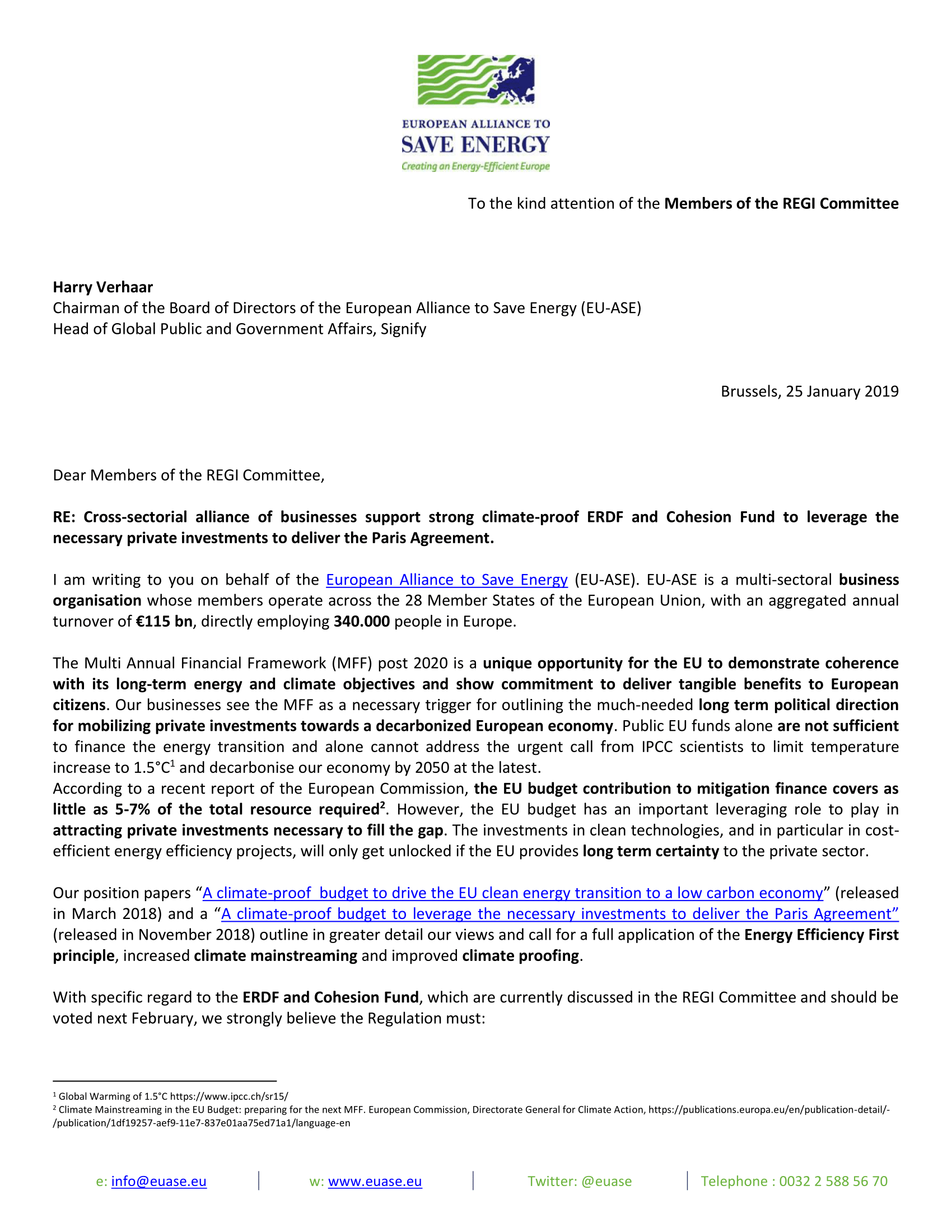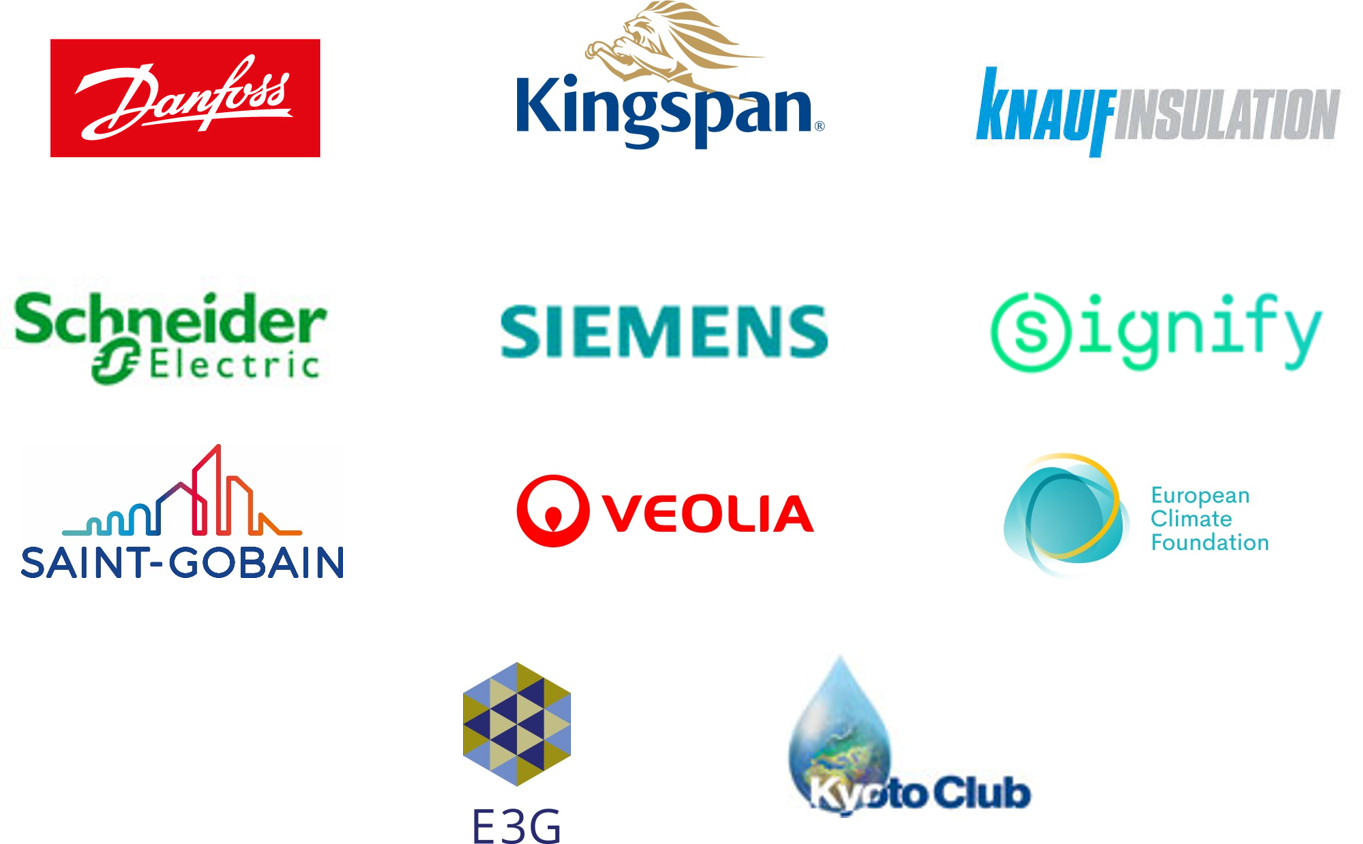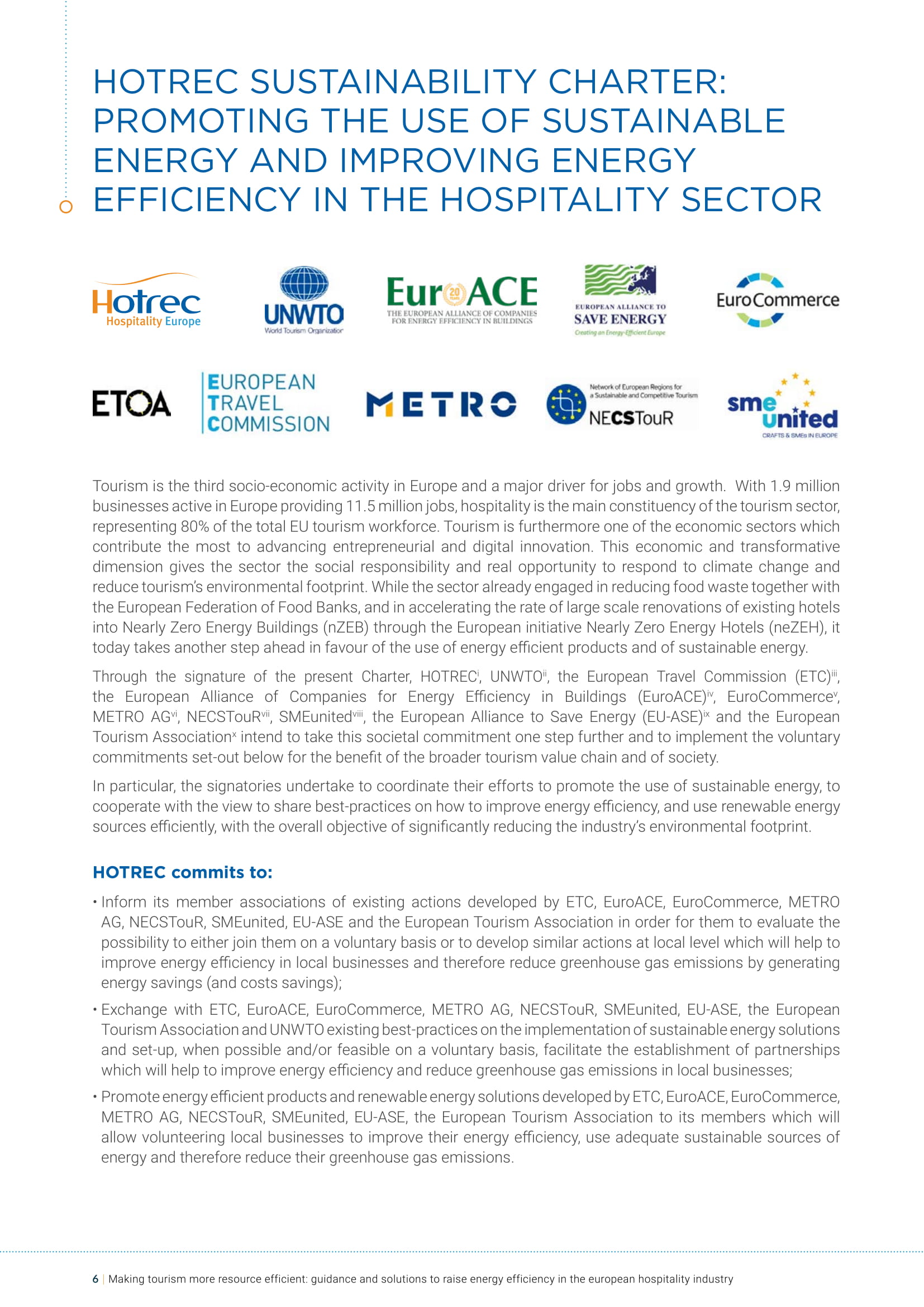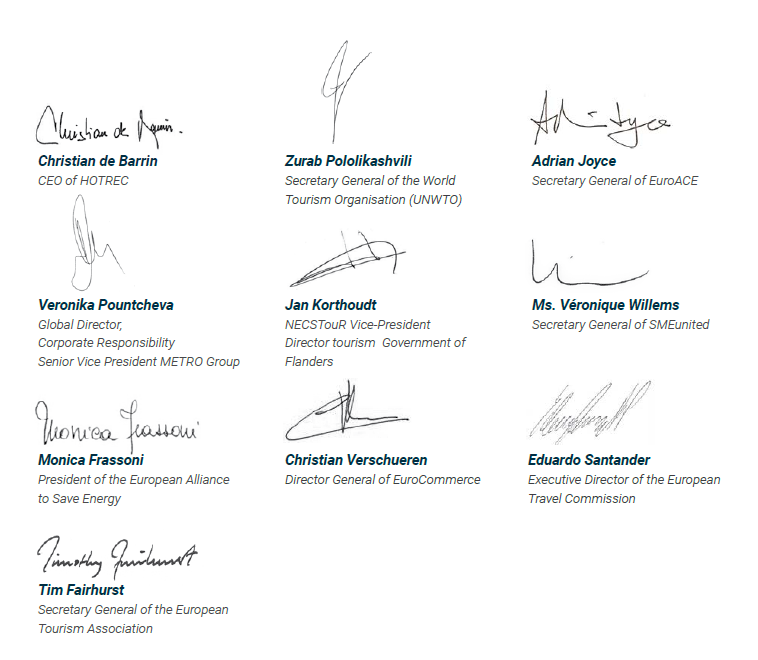Businesses call for prioritization of energy efficiency investments in ERDF and Cohesion Fund (CF) Regulation
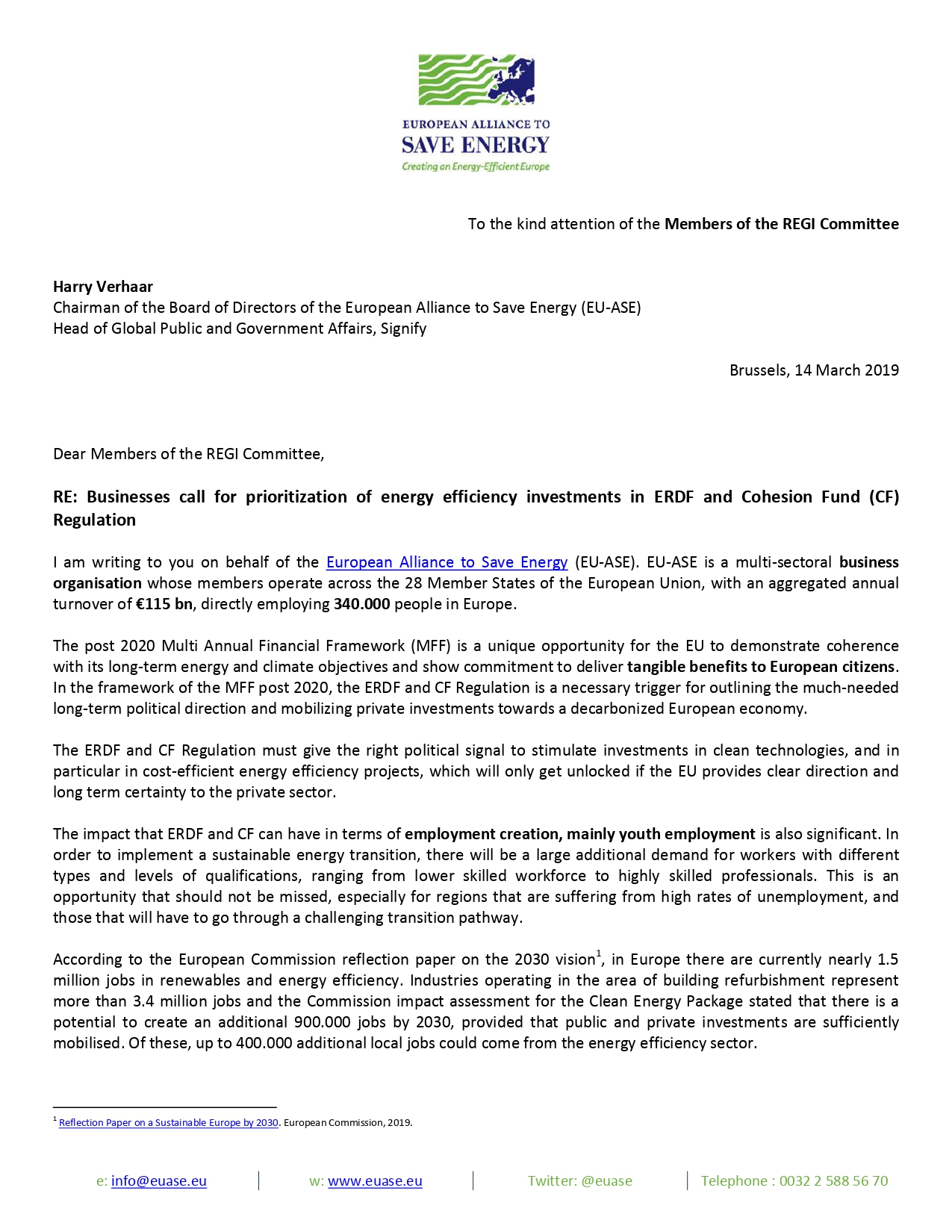
To the kind attention of the Members of the REGI Committee
Brussels, 14 March 2019
Dear Members of the REGI Committee,
I am writing to you on behalf of the European Alliance to Save Energy (EU-ASE). EU-ASE is a multi-sectorial business organisation whose members operate across the 28 Member States of the European Union, with an aggregated annual turnover of €115 bn, directly employing 340.000 people in Europe.
The post 2020 Multi Annual Financial Framework (MFF) is a unique opportunity for the EU to demonstrate coherence with its long-term energy and climate objectives and show commitment to deliver tangible benefits to European citizens. In the framework of the MFF post-2020, the ERDF and CF Regulation is a necessary trigger for outlining the much-needed long-term political direction and mobilizing private investments towards a decarbonized European economy.
The ERDF and CF Regulation must give the right political signal to stimulate investments in clean technologies, and in particular in cost-efficient energy efficiency projects, which will only get unlocked if the EU provides clear direction and long term certainty to the private sector.
The impact that ERDF and CF can have in terms of employment creation, mainly youth employment is also significant. In order to implement a sustainable energy transition, there will be a large additional demand for workers with different types and levels of qualifications, ranging from lower skilled workforce to highly skilled professionals. This is an opportunity that should not be missed, especially for regions that are suffering from high rates of unemployment, and those that will have to go through a challenging transition pathway.
According to the European Commission reflection paper on the 2030 vision[1], in Europe there are currently nearly 1.5 million jobs in renewables and energy efficiency. Industries operating in the area of building refurbishment represent more than 3.4 million jobs and the Commission impact assessment for the Clean Energy Package stated that there is a potential to create an additional 900.000 jobs by 2030, provided that public and private investments are sufficiently mobilised. Of these, up to 400.000 additional local jobs could come from the energy efficiency sector.
In view of the ERDF and CF Regulation’s deadline for amendments (March 20) and following plenary vote (March 27), we urge you to:
- Increase to 40% the overall target of ERDF/CF expenditure supporting climate objectives
Such increase is necessary taking into account the magnitude of the climate change challenge and the level of support required to achieve climate neutrality by 2050.
- Prioritize investments in energy efficiency (both on the energy demand and supply sides) in all sectors
To prioritize energy efficiency investments, ERDF and CF Regulation should fully apply the Energy Efficiency First principle and therefore embed the principle to first assess the economic opportunity to reduce energy consumption through cost effective energy efficiency solutions before investing in new sustainable supply capacities. In our view, all investment decisions in the field of energy and climate change must be guided by long term decarbonisation objectives. Faced with the challenge of scarcity, public resources should be spent in the most intelligent, efficient and effective way, paying due attention to aspects such as just transition, and prioritizing areas with the highest economic, societal and environmental value.
- Exclude investments in new fossil fuels infrastructures
It does not make economic and environmental sense to invest in new fossil fuels infrastructures like allowed by the exceptions foreseen by Art.6 as proposed by the rapporteur. We should not misuse public resources. Investing in new fossil fuels-based facilities would lock-in investments in technologies of the past for decades and lead to the creation of stranded assets. Instead, we need to invest in the future efficient energy system which will bring multiple economic, environmental and social benefits.
Dear Members, ahead of the vote in Plenary, we urge you to support an ERDF and CF Regulation which envisages a smarter, climate neutral, energy and resource efficient society for the common good of European citizens and businesses.
We remain at your disposal for further discussion on this strategic topic.
Yours sincerely,
Harry Verhaar
Chairman of the Board of Director of the European Alliance to Save Energy (EU-ASE)
Head of Global Public and Government Affairs, Philips/Signify
For more information, our position papers “A climate-proof budget to drive the EU clean energy transition to a low carbon economy” (released in March 2018) and a “A climate-proof budget to leverage the necessary investments to deliver the Paris Agreement” (released in November 2018) outline in greater detail our views and calls for a full application of the Energy Efficiency First principle, increased climate mainstreaming and improved climate proofing in the MFF post-2020
[1] Reflection Paper on a Sustainable Europe by 2030. European Commission, 2019.
In a fast-changing political and economic environment, 2025 was a year of continued efforts to strengthen security, stability, and competitiveness for European businesses.
Throughout the year, our work demonstrated that energy efficiency is not only essential to achieving climate goals, but also a key driver of innovation, energy independence and sustainable long-term growth across Europe.
Strong engagement with policymakers, combined with the successful organisation of the 4th European Energy Efficiency Day, highlighted the importance of collaboration and dialogue in advancing shared objectives. Partnerships across sectors and institutions remained central to delivering impact and shaping effective energy policies.
Looking ahead to 2026, we will intensify our efforts to secure the regulatory certainty that can accelerate the energy transition, while providing businesses with the investment confidence they need and strengthening Europe’s competitiveness.
Read the full Activity Report here.


